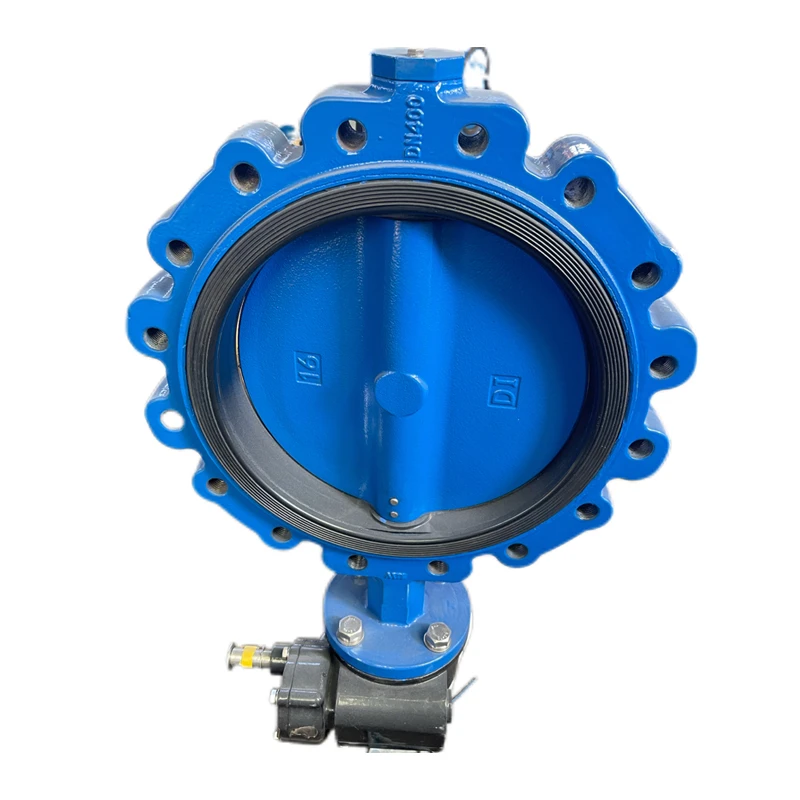10 月 . 22, 2024 08:18 Back to list
Gate Valve Actuator Functionality and Applications in Industrial Systems
Understanding Gate Valve Actuators A Comprehensive Overview
Gate valves are essential components in various industries, primarily used to control the flow of liquids or gases in pipelines. The actuator is a crucial part of this mechanism, as it enables the valve to open and close with precision. In this article, we will delve into the intricacies of gate valve actuators, exploring their types, functionalities, advantages, and applications.
What is a Gate Valve Actuator?
A gate valve actuator is a device that drives the opening and closing of a gate valve. It translates a control signal into mechanical movement, allowing for efficient operation of the valve. The actuator is critical in ensuring that the gate valve responds correctly and swiftly to operational demands, facilitating the safe and efficient management of fluid flow.
Types of Gate Valve Actuators
Gate valve actuators come in various types, each designed for specific applications and operating conditions. The primary types include
1. Manual Actuators These are operated by hand using a wheel or lever. Manual actuators are simple and cost-effective but may not be suitable for high-efficiency operations or locations that require frequent valve adjustments.
2. Electric Actuators These use electric motors to control valve movement. Electric actuators provide precision and can be easily integrated into automated systems. They are ideal for applications requiring frequent and precise adjustments.
3. Pneumatic Actuators Powered by compressed air, pneumatic actuators are widely used in industries that rely on quick valve movement. They offer high speed and reliability but require an air supply for operation.
4. Hydraulic Actuators These utilize hydraulic fluid to create motion. Hydraulic actuators are known for their strong force, making them suitable for larger valves that face high pressure.
How Gate Valve Actuators Work
The operation of a gate valve actuator primarily hinges on its type. For example, in electric actuators, an electric signal activates the motor to rotate the valve stem, either raising or lowering the gate. In pneumatic actuators, compressed air pushes a piston, translating the motion to the valve stem.
Understanding the working principle behind each actuator type is essential for proper selection and maintenance. An appropriate actuator will ensure that the gate valve operates efficiently, contributing to overall operational effectiveness.
Advantages of Gate Valve Actuators
gate valve actuator

Choosing the right gate valve actuator offers several advantages
- Precision Control Actuators can provide fine control over the flow rate, making them suitable for processes that require stringent operational parameters.
- Automation Compatibility Electric and pneumatic actuators can be easily integrated into automated systems, enhancing process efficiency and reducing labor costs
.- Reduced Wear With automatic actuation, the wear and tear on the valve components can be minimized, extending the lifespan of the valve.
- Remote Operation Many modern actuators allow for remote operation, improving safety and convenience in hazardous environments.
Applications of Gate Valve Actuators
Gate valve actuators are used across various sectors including
- Oil and Gas They manage the flow of crude oil, natural gas, and refined products across pipelines, ensuring safe and efficient operations.
- Water Treatment In municipal water systems, actuators help control the flow of water, preventing overflows and maintaining quality standards.
- Chemical Processing In this industry, precise control of chemical flows is critical, and actuators are used to manage these processes effectively.
- Power Generation In power plants, gate valve actuators control cooling water and steam flows, playing a vital role in operational efficiency.
Conclusion
Gate valve actuators are indispensable in modern industrial applications, enhancing the functionality of gate valves through precision control and efficiency. Understanding the different types, operational principles, and suitable applications of these actuators allows industries to optimize their infrastructure for better performance. As technology advances, the future of gate valve actuators promises even greater efficiency and integration into automated systems, paving the way for smarter industrial operations.
Share
-
Understanding the Differences Between Wafer Type Butterfly Valve and Lugged Butterfly ValveNewsOct.25,2024
-
The Efficiency of Wafer Type Butterfly Valve and Lugged Butterfly ValveNewsOct.25,2024
-
The Ultimate Guide to Industrial Swing Check Valve: Performance, Installation, and MaintenanceNewsOct.25,2024
-
Superior Performance with Industrial Swing Check Valve: The Essential Valve for Any SystemNewsOct.25,2024
-
Industrial Swing Check Valve: The Ideal Solution for Flow ControlNewsOct.25,2024
-
You Need to Know About Industrial Swing Check Valve: Functionality, Scope, and PerformanceNewsOct.25,2024